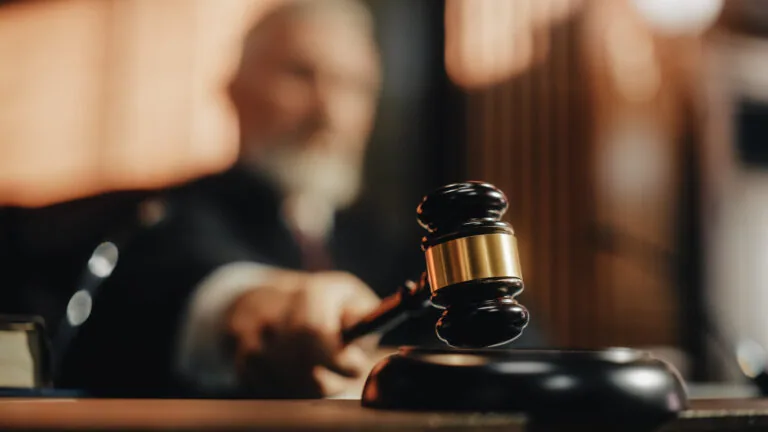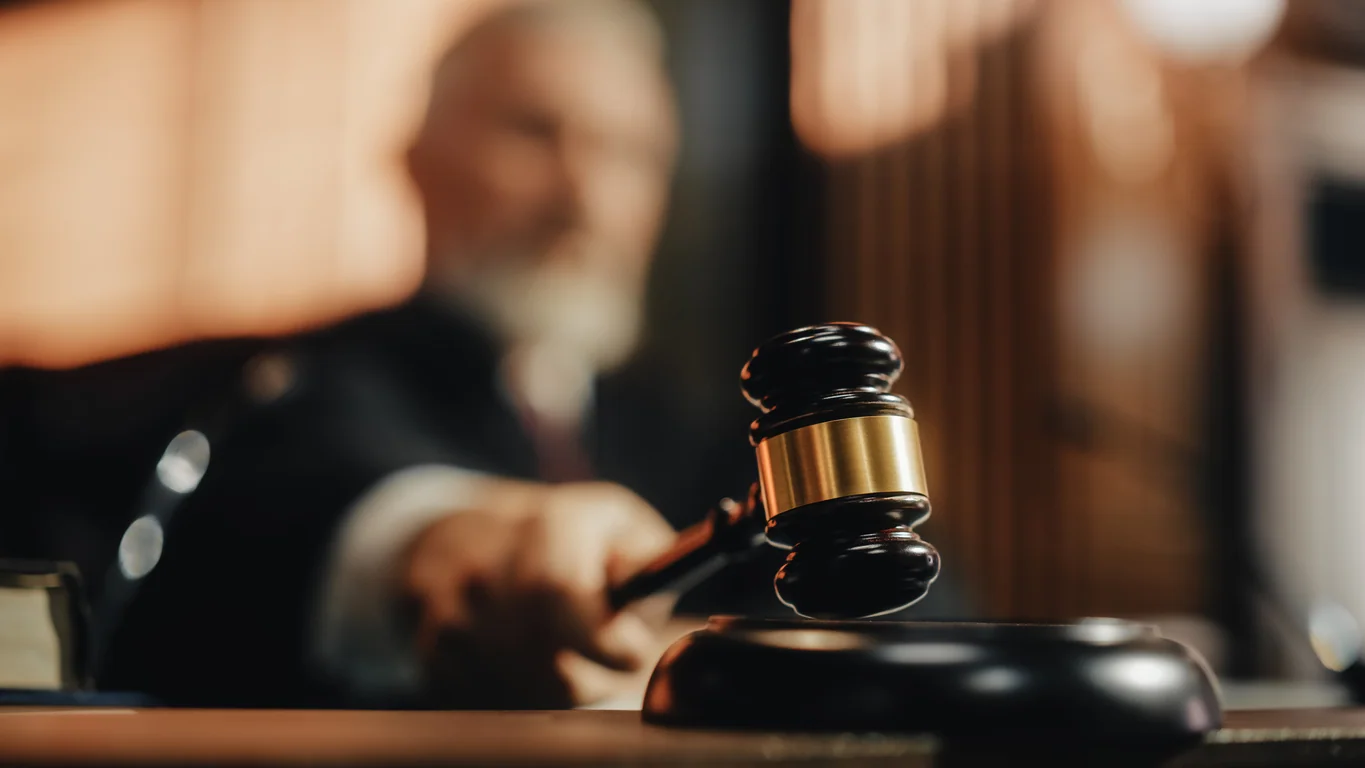A criminal conviction doesn’t just follow you into the courtroom—it can follow you into every job interview, every application, and every opportunity. Whether you’re applying for your first job or trying to rebuild your career, having a conviction on your record can make the process a lot more difficult.
If you’re worried about how a past conviction could affect your employment, here’s what you should know and how a skilled defense attorney can help.
How Convictions Affect Job Prospects
Most employers run background checks. And while California has taken steps to protect people with records, there’s no denying that many companies still hesitate to hire applicants with a criminal conviction.
The impact depends on several factors:
- The type of conviction (felony vs. misdemeanor)
- The nature of the job (trust, money, public interaction)
- Whether the job requires a professional license
- How long ago the offense occurred
Notably, some industries (e.g. healthcare, childcare, financial services, law enforcement, and government jobs) may disqualify you based on the type of conviction, no matter how long ago it occurred.
Even in more flexible industries, an employer might view a criminal record as a red flag, especially if they’re worried about liability or reputation.
Arrest, Charges, or Conviction: What Matters?
Not every run-in with the law shows up the same way to an employer.
- If you were arrested but not convicted, California law generally prohibits employers from asking about it or using it against you.
- If you have pending charges, some employers may delay hiring decisions or rescind job offers.
- A criminal conviction, whether for a misdemeanor or a felony, can appear on background checks and influence hiring—unless you take steps to address it.
The takeaway? The timing and outcome of your case matter, and so does how you handle it afterward.
What Legal Protections Do You Have?
California has stronger protections than many other states regarding employment and criminal records. The “Ban the Box” law prohibits most employers from asking about your criminal history on an initial job application.
Here’s what else you should know:
- Employers must wait until after they’ve made a conditional offer to ask about convictions.
- If they do a background check and find something, they must conduct an individualized assessment, not just reject you automatically.
- If they decide to withdraw the offer, you have the right to know why and to respond with additional information before the decision is final.
These rules apply to most public and private employers in California, but not all. And even when employers break the rules, they’re not always held accountable unless you push back.
Can You Do Anything to Clear Your Record?
In many cases, yes. There are legal options that may improve your chances of being hired, including:
- Expungement: This doesn’t erase your conviction, but it does show that you successfully completed probation and allows you to legally answer “no” to many questions about criminal history.
- Record sealing: Arrests that didn’t lead to conviction, some juvenile records, and certain low-level offenses may be eligible.
- Certificates of Rehabilitation: These are formal documents that show you’ve taken steps to move on from your past and may help with jobs or licensing boards.
Every case is different, and the rules can be complex. That’s why working with a criminal defense attorney can be a smart move if you’re trying to limit the long-term effects of a conviction.
You Deserve a Second Chance
A criminal record shouldn’t erase your future. If you’re ready to move forward with your life, we’re here to help you do it with dignity and support.
At The Law Offices of Johnson & Johnson, we help people across Contra Costa County and the surrounding counties fight charges, clear their records, and protect their job prospects. We understand what’s at stake: not just your legal rights, but your ability to support yourself and your family. Contact us today or online to schedule a complimentary, confidential consultation.

